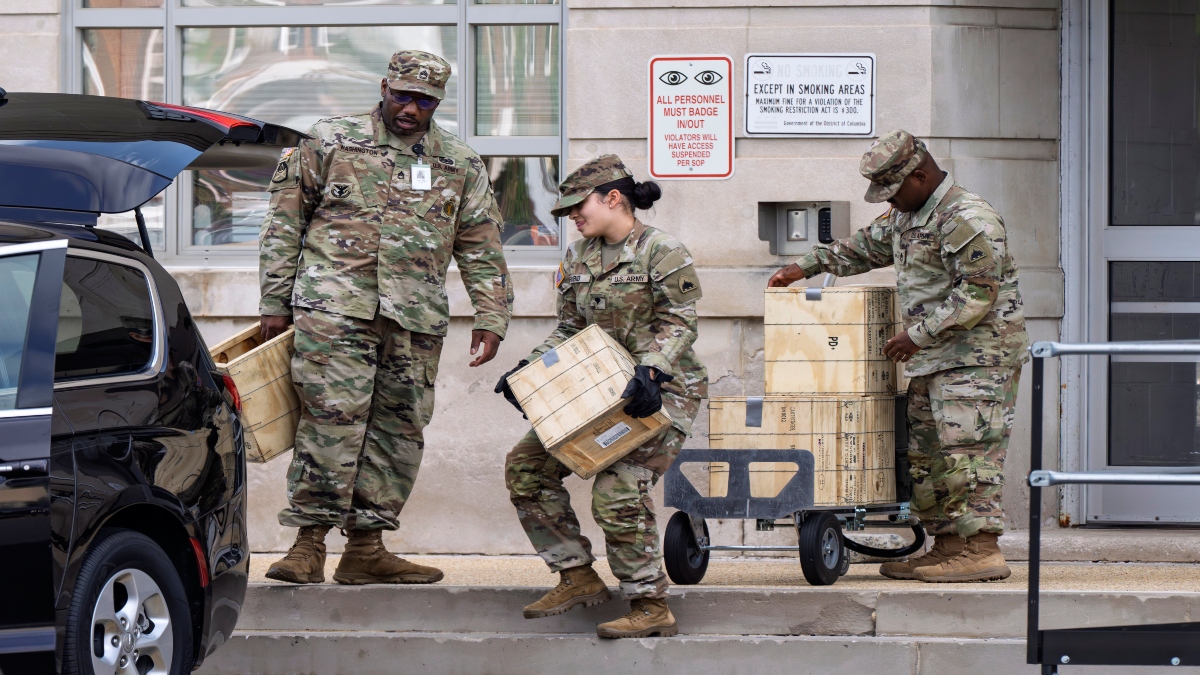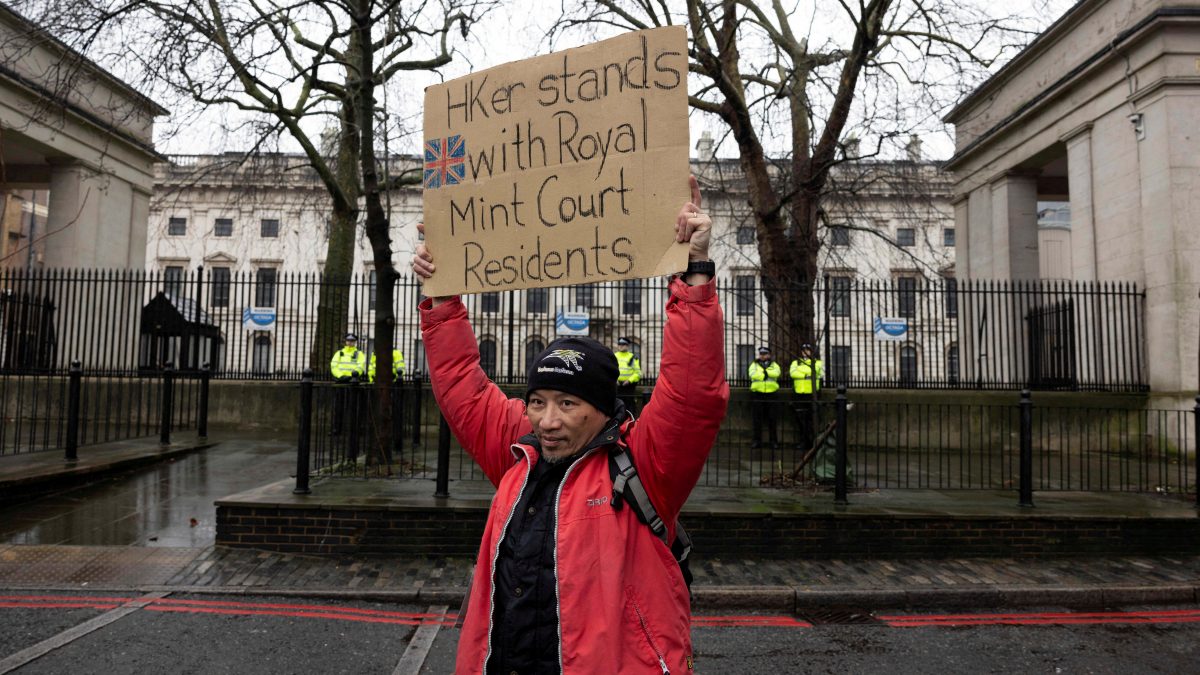According to Chicago’s own reports, homicides in Chicago have dropped by more than 30 per cent over the past year, robberies by 35 per cent, and shootings by nearly 40 per cent
Chicago Mayor Brandon Johnson strongly condemned President Donald Trump’s plans to deploy the National Guard to Chicago, calling the proposal “offensive” and “unlawful.” The comments come after Trump announced a crackdown on crime in Washington, DC, and suggested that other Democrat-led cities, including Chicago, could be next.
Johnson said, “Certainly, we have grave concerns about the impact of any unlawful deployment of National Guard troops to the City of Chicago. The problem with the President’s approach is that it is uncoordinated, uncalled for, and unsound.”
Speaking from the Oval Office the same day, Trump criticised the city’s mayor directly and claimed Chicago was failing under his leadership. “Chicago’s a mess. You have an incompetent mayor, grossly incompetent, and we’ll straighten that one out probably next. That will be our next one after this. And it won’t even be tough,” Trump said.
However, Johnson pushed back on those claims and highlighted recent data showing significant improvements in public safety. According to Chicago’s own reports, homicides in Chicago have dropped by more than 30 per cent over the past year, robberies by 35 per cent, and shootings by nearly 40 per cent.
“Here’s the bottom line: as the mayor of this city, and in collaboration with mayors across the country, we know exactly what it takes to reduce violence and crime in our cities, because we’re actually doing it,” Johnson said in an interview with WGN, a Nexstar affiliate.
He added that Trump’s rhetoric, despite being framed as tough on crime, actually undermines the real progress being made on the ground. “It’s really a shame, quite frankly, and offensive that this president, who claims to stand for law and order, would suggest actions that would do just the opposite,” he said.
Mayor Johnson warned that any attempt to send in troops without coordination could jeopardise the gains Chicago has made in public safety. “Such a move would threaten to undermine the historic progress we have made,” he said.
End of Article

)

)